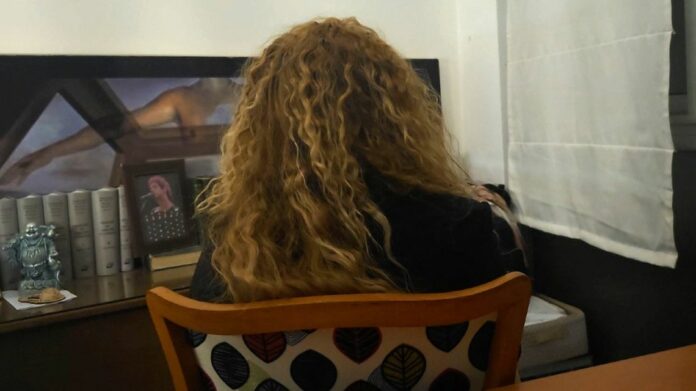
[ad_1]
Lawyers for a woman who accused two French international rugby players for rape in Mendoza has denied claims she suffers from a rare blood syndrome that can cause haematomas or bleeding.
The denial comes after defence lawyers for the rugby players denounced the “shameful” allegation.
On Friday last week, the prosecution motioned for dismissal of the case before it reaches trial, the same motion filed previously by the players’ defence.
One of the defence’s main arguments is that the victim had allegedly concealed from courts that she suffers from Von Willebrand syndrome, a blood affliction affecting blood clotting which can cause haematomas or bleeding.
According to the plaintiff and her legal team, the motion for dismissal is “hasty.”
The prosecution suffered “a procedural con by the defence which, in a media show style (…) has claimed that the complainant suffers from a disease, without a medical test to backing it up,” wrote the woman’s lawyers in a document submitted to the Mendoza Public Prosecution Office last week and obtained by AFP on Thursday.
They also said that they had requested a medical consultation with an independent haematologist, who informed that the plaintiff “does not suffer from the disease.”
Hugo Auradou and Oscar Jégou, both aged 21, were arrested in Buenos Aires in July, two days after winning their first international caps against Argentina in a match staged in Mendoza.
They were charged with aggravated rape of a woman they had met in a bar after the match.
The complainant says she was violently and repeatedly raped by the pair, who insist there was a consensual sexual encounter.
According to forensic reports, the woman had at least “15 markings or lesions” on her body.
Defence lawyer Rafael Cúneo Libarona branded the victim’s report “another shameful filing which attempts to delay proceedings,” in a report last week which was obtained by AFP on Thursday.
“A dentist, two haematologists and the victim herself stated she had Von Willebrand,” he told AFP, claiming that she herself had acknowledged to the prosecution that she suffered from it when consulted about it based on an investigation by the defence.
First detained and then subjected to house arrest, Auradou and Jegou were released in mid-August and then authorised to leave Argentina.
They must return if the case is sent to trial.
– TIMES/AFP
[ad_2]
Copyright for syndicated content belongs to the linked Source link

